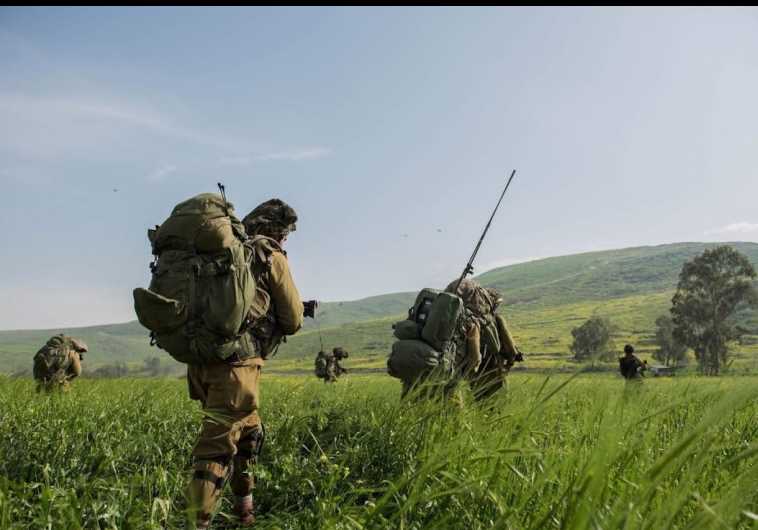Amid drop in violence, IDF’s Judea Brigade drills sudden escalation
Col. Yair Ben-Ezra to ‘Post’: The history of our sector shows that even when things look quiet, we must always be ready for any scenario.
 Members of the Kfir Infantry Brigade on combat training maneuvers in the Golan Heights recently(photo credit: IDF SPOKESPERSON'S UNIT)
Members of the Kfir Infantry Brigade on combat training maneuvers in the Golan Heights recently(photo credit: IDF SPOKESPERSON'S UNIT)